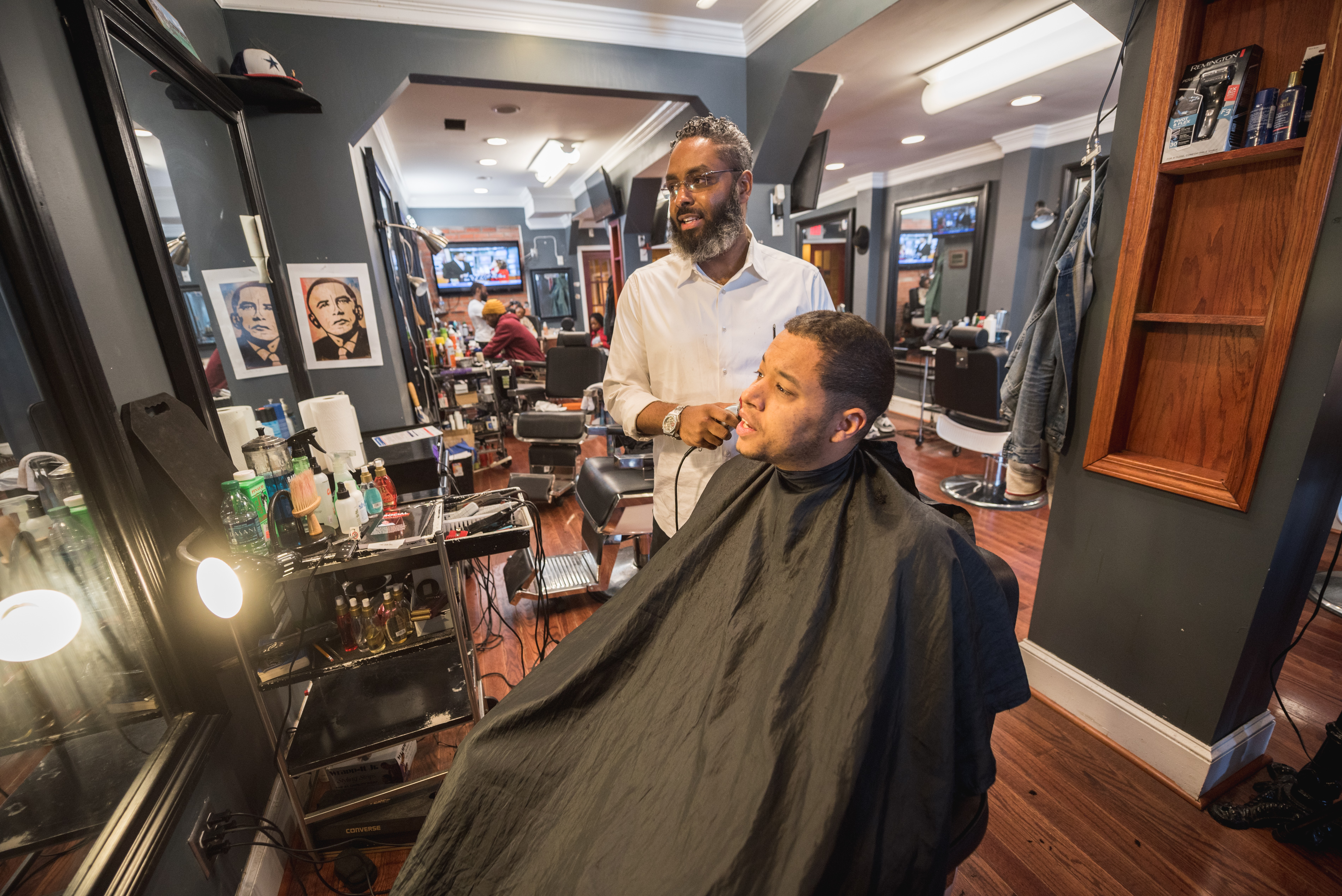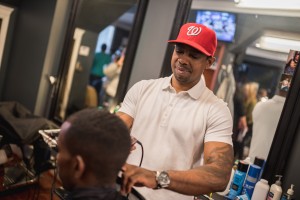
Health disparity is a hot topic in healthcare, and part of so many conversations we are having in the colon cancer community right now. We are continually staring at statistics for this disease, and it’s evident we aren’t making major progress to prevent it in groups where health disparity is prevalent – specifically with African Americans.
Health disparity is simply a preventable gap in the health and wellness of socially disadvantaged populations. Factors such as race, ethnicity, income, education, and access to healthcare are keeping people from accessing and utilizing the healthcare resources available to maximize their health and wellness.
Within the colon cancer community, we know that African Americans have the highest rate of colon cancer diagnosis. They are more likely to die from the disease than any other racial group in the United States, and have a lower recommended screening age. Though this is widely known to us, it is a message not widely known and received in the very community it impacts.
Awareness campaigns, medical recommendations, and screening programs are not making the impact we desperately want to see in these at risk groups. There is a perpetual push to think outside the box when it comes to reaching minority communities, and close the health disparity gap.
It was a chance meeting between Dr. Stephen B. Thomas and Dr. Christina Stasiuk that brought one of these “out of the box” ideas into fruition, and has the colon cancer community eagerly anticipating an outreach program that may help raise screening rates and awareness.
Dr. Stasiuk, Cigna’s National Medical Director for Health Disparities, saw an ideal partnership in Dr. Thomas. As the founding director of the University of Maryland’s (UMD) Maryland Center for Health Equity (M-CHE), he has long studied minority health disparity, and the historically based mistrust of the medical establishment that has resonated for generations of African Americans.
Dr. Thomas felt that a national health services company like Cigna was in the best position to help drive innovation in their work to reduce health disparities. In partnership with the Cigna Foundation, Dr. Thomas and his team of researchers and staff at M-CHE leads the Health Advocates In-Reach and Research (HAIR) initiative. HAIR is taking an innovative approach to health advocacy within the African American community.
For years, Dr. Thomas has seen the potential of barbershops and beauty salons to expand beyond their position as neighborhood social hubs. The HAIR initiative is going into these shops and training barbers and stylist as Lay Health Advocates. It will take medical care, education, and awareness out of the doctor’s office, and empower these trusted members of the community to encourage screenings with fellow neighbors.
As Dr. Thomas says, “No self-respecting barber would say I’m going to get you out in 15 minutes.” This means there is time for a trusted conversation. It is the opposite in a doctor’s office, where appointments are often limited to 15 minutes, and it is no more than a meeting between two strangers.
Though the focus of this initiative is on colon cancer, HAIR also promotes the discussion of screening and prevention for other chronic diseases prevalent in the African American community. It will bring clinical professionals into the barbershops and salons, and “take the white coat off of healthcare,” according to Dr. Thomas.
With their initial launch in Prince George Country, Maryland, HAIR has partnered with Capital Digestive Care, the largest gastroenterology practice on the East Coast, to ensure that first class care is being given to those reached through HAIR. In April, the HAIR program expanded into downtown Washington, D.C. Genetic counselors are being trained to conduct Family Health Histories (FHH), going back several generations to track chronic diseases and cancer that can potentially be prevented with screenings and education. The hope is that this flagship program can expand to other communities across the country, and the vital conversation about colon cancer screening and prevention in the African American community can become as routine as a trim and a style.




Dear Ms. DebBord,
Awesome! thank you so much for helping us reach the African American community… and saving lives!
Stephen